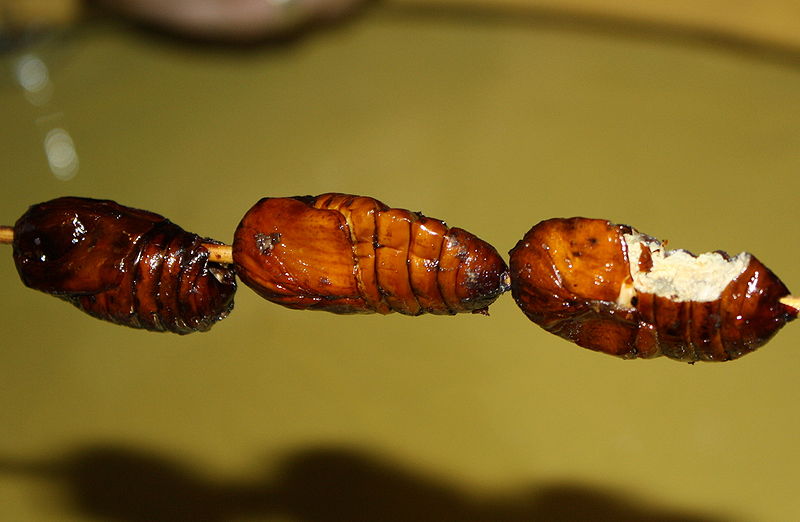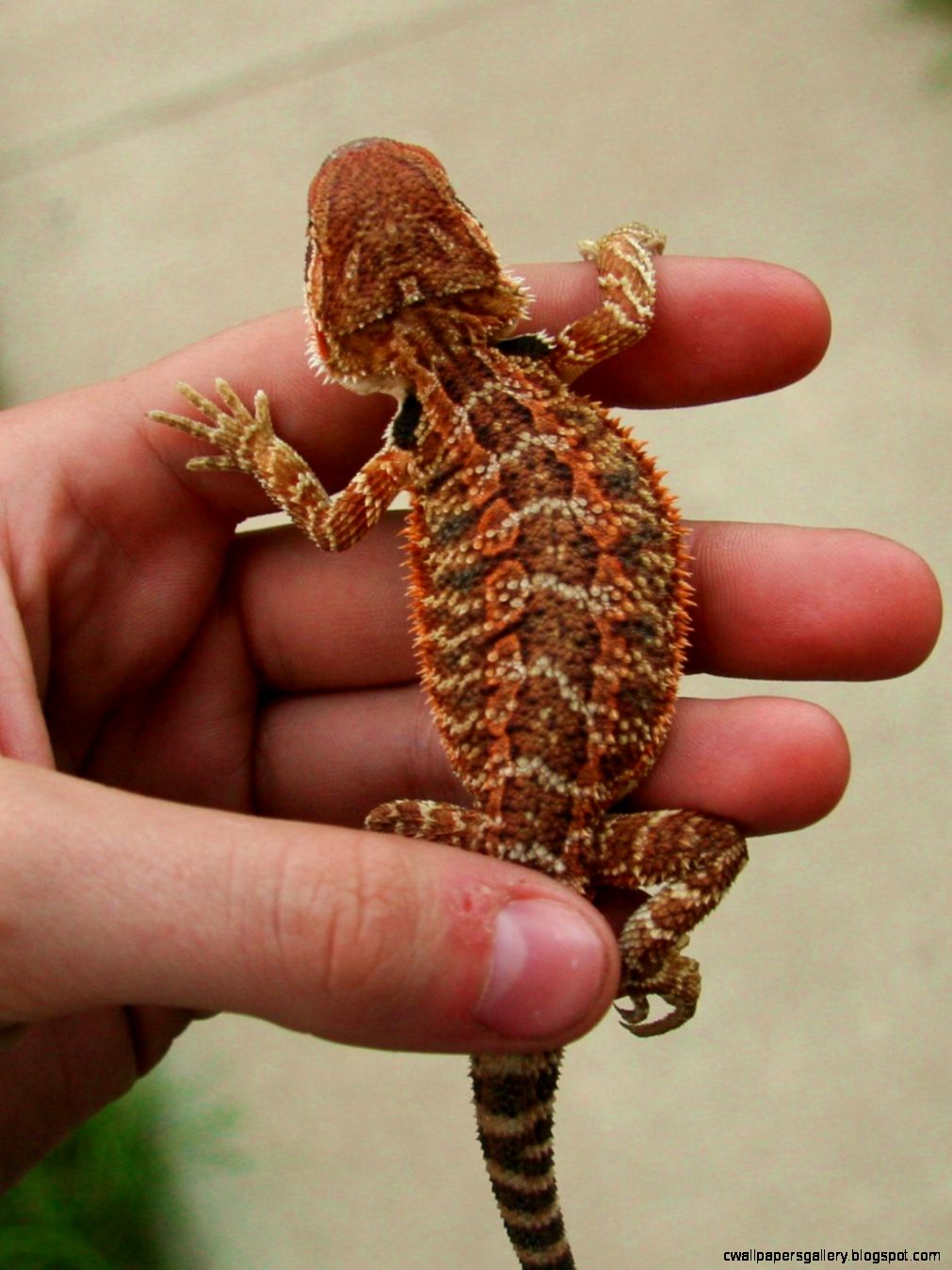Silkworm Bearded Dragon: A Beginner's Guide to Feeding Your Pet
Introduction
Bearded dragons are one of the most popular pet reptiles in the world. They are easy to take care of, have unique personalities, and can become quite attached to their owners. One of the most important aspects of caring for a bearded dragon is their diet. The right nutrition can provide your bearded dragon with the energy and nutrients they need to grow and thrive.
What Do Bearded Dragons Eat?
Bearded dragons are omnivores, which means they eat both plants and animals. In the wild, they eat a variety of insects, such as crickets, mealworms, and silkworms, as well as plants and fruits.
When it comes to feeding your pet bearded dragon, it’s important to provide them with a balanced diet that includes both animal and plant-based proteins. The ideal ratio is around 70% animal-based proteins and 30% plant-based proteins. You also want to make sure they are getting a variety of foods to ensure they are getting all the vitamins and minerals they need.
What Are Silkworms?
Silkworms are the larval stage of the silk moth. Silk moths are native to China and have been domesticated for thousands of years for their silk production. Silkworms are often used as a feeder insect for reptiles, especially bearded dragons.
Why Feed Your Bearded Dragon Silkworms?
Silkworms are a great source of protein for bearded dragons. They are low in fat and high in calcium and other essential nutrients. They also have a soft exoskeleton, which makes them easy to digest for bearded dragons of all ages.
Another great thing about silkworms is that they are very easy to keep. They require minimal care and can be stored in the refrigerator for up to two weeks. This makes them an ideal feeder insect for pet owners who want a low-maintenance option.
How to Feed Your Bearded Dragon Silkworms
When feeding your bearded dragon silkworms, there are a few things to keep in mind. First, make sure the silkworms are the proper size for your bearded dragon. As a general rule, the silkworm should be no larger than the space between your bearded dragon’s eyes.
You can feed your bearded dragon silkworms as a treat or as part of their regular diet. If you are using them as part of their regular diet, it’s a good idea to alternate them with other feeder insects to ensure your bearded dragon is getting all the vitamins and minerals they need.
Silkworms can be fed to bearded dragons either live or dry. Dry silkworms are easier to store and have a longer shelf life than live silkworms. However, some bearded dragons may prefer live silkworms as they are more active and may be more stimulating.
Conclusion
Feeding your bearded dragon a balanced diet is essential for their health and wellbeing. Silkworms are a great source of protein and nutrients that can be easily added to your bearded dragon’s diet. Remember to always keep in mind the proper size of the silkworms, and to alternate them with other feeder insects to ensure your bearded dragon is getting a variety of nutrients.








